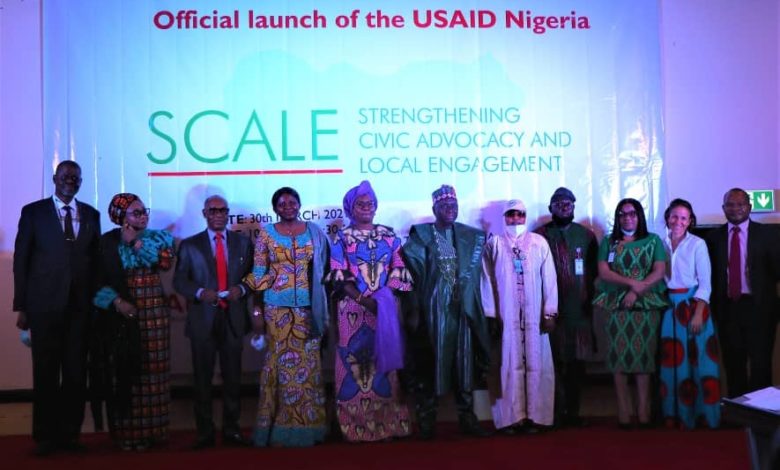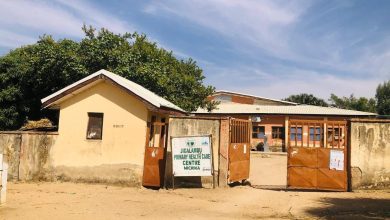Nigerian CSOs Will Support Transformational Change With Open Civic Space- USAID-SCALE
Civil Society Organisations dialogue in Lagos over transformational change in the Nigerian socio-political space for national development.

The United States Agency for International Development (USAID) says Civil Society Organisations (CSOs) in Nigeria have the potential to support transformational change and contribute to improving the quality of life for Nigerians if all stakeholders including the government create an open civic space for them to operate.
Lydia Odeh, the USAID-SCALE project chief of party in Nigeria stated this during a stakeholders’ interaction on strengthening civic space.
The stakeholders, which included security agencies, civil society organisations, media representatives and human rights groups were gathered under the aegis of the USAID-funded Strengthening Civic Advocacy and Local Engagement (SCALE) project Dialogue Series in Lagos, Southwest Nigeria.
SCALE project is funded by USAID to enhance CSOs’ ability to influence policies and reforms across Nigeria’s critical sectors, Odeh explained. The project is expected to run for five years.
“The main objective of this activity was to bring together stakeholders from civil society, government – including the Nigeria Police Force and Nigeria Army to identify and develop action plans to address shrinking civic space issues,” she added.
Olumuyiwa Adejobi, the Public Relations Officer of the Lagos State Police Command highlighted during the session, importance of the dialogue in resolving issues.
Adejobi, a Deputy Superintendent of Police (DSP), emphasised the need for taking collective responsibility in understanding relevant laws and regulations that govern citizens and rights to peaceful protest and assembly.
“While issues of inclusion is non-negotiable, as citizens, we will continue to sensitize ourselves on the various legal frameworks that govern our land and also understand the concept of agitation, which bothers around consultation, consolidation and confrontation, all these need to be taken into account when engaging on protest issues,” the Lagos Police spokesperson said.
“We will continue to engage and collaborate with citizens to ensure our communities are safer.”
Also, representatives from the Economic and Financial Crimes Commission (EFCC) Special Control Unit on Money Laundering (SCUML), and the Network of Nigerian NGOs, discussed priority issues around vulnerabilities of non-profit organisations to money laundering and terrorist financing in Nigeria, and how to improve citizen-government relations.
At the end of the dialogue, participants recommended that the government need to improve its transparency on funds and allocation made to the public, uphold human rights, create a justifiable judicial system, explore effective communication strategies among others.
Support Our Journalism
There are millions of ordinary people affected by conflict in Africa whose stories are missing in the mainstream media. HumAngle is determined to tell those challenging and under-reported stories, hoping that the people impacted by these conflicts will find the safety and security they deserve.
To ensure that we continue to provide public service coverage, we have a small favour to ask you. We want you to be part of our journalistic endeavour by contributing a token to us.
Your donation will further promote a robust, free, and independent media.
Donate HereStay Closer To The Stories That Matter




